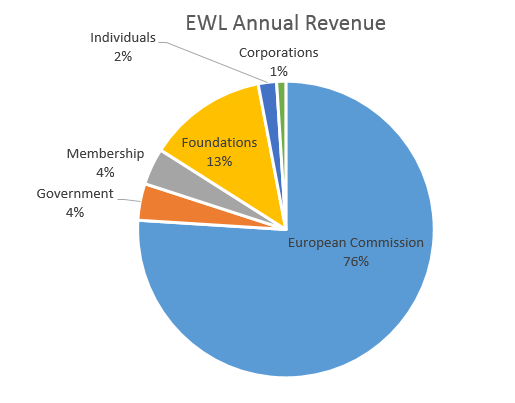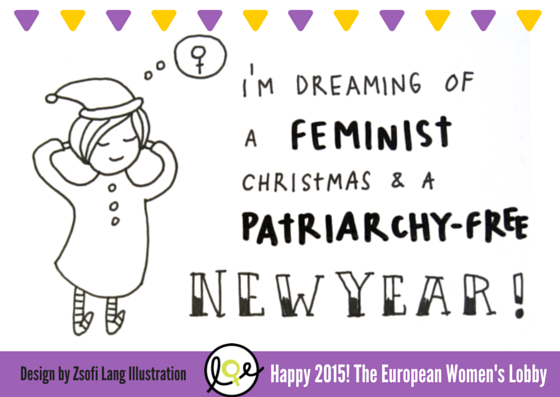(Sofia, 15 April 2013) Education should be a priority in the time of crisis. Education of Romani women should be event higher priority in the time of crisis: a round table in the Bulgarian Ministry of education
8th of April is the International Roma Day: a day to remember History and the memory of all those around half a million Roma murdered during the Holocaust. On April 8th 1971 the first congress of the International Romani Union took place. The Congress decided on a common Roma flag and anthem (the popular song Dzelem, Dzelem). It was decided later that the date of the start of the Congress would be proclaimed and celebrated as the International Roma Day.
Center Amalipe in Bulgaria organized a broad campaign and a series of activities in more than 100 places commemorating April 8th. Our major goal was to raise the awareness among the majority population about the values of Roma culture, the common identity and history of Roma, as well as to focus the attention to the gaps in the community development as well as the resources existing. Furthermore, the goal of our campaign this year was fighting stereotypes.
Therefore, one of the major events Center Amalipe organized within the campaign was a Roundtable at the Ministry of Education, Youth and Science. The event was organized in partnership with the Ministry and under the patronage of Minister Nikolay Miloshev. The conference was attended by three groups of people from the Roma community: Roma pupils, students and teachers. More than half of them were women. Our aim has been not just to show the big number of educated people in the community and break the stereotype that education is not a value for Roma people, but also to pose the question that we still need targeted actions to fill the gap between Romani women and men from one side and Romani and non-Romani women from another.
“April 8 is not a new event. This is what have always drawn Roma up outside the neighborhood towards our European presence. Education is the key to the modern person, Roma and non Roma. Integration in and through the education system is the most important prerequisite for the overall process of modernization of the Roma community and largely determines its behavior in the labor market, its health status and quality of life. Helping all children and students of Roma origin and making them to not feel alone in their flight to the new modern society remains our concern. We can actually speed up the process. A lot has already been done in this direction, but with more efforts we must speed up the process to be proud of what we have made in the future,” Minister Nikolay Miloshev said in his opening speech. The participants were greeted also by H. E. Marcie B. Ries, U.S. Ambassador to Bulgaria and Mrs Dagfrid Yorthul – First Secretary, Deputy Head of Mission of the Embassy of the Kingdom of Norway.
Teodora Krumova, Deputy Chair of Center Amalipe and representative of Center Amalipe in the Bulgarian platform of the European Women’s Lobby presented goods practices, proposals and recommendations. She shared her own experience receiving quality education and an university degree and asked the other participants also to share their achievements and the struggles they have been through.
Filled with content, emotionally and professionally, passed the modules moderated by Yosif Nunev – a Roma Expert in the Ministry of Education, who presented the policies and practices of educational integration. Lili Kovacheva, a former expert on Roma mothertongue language in the Ministry of Education and Chair of the Center for Educational Integration shared how she has turned into a role model in her community and the way her example motivated other young girls from the community.
The heart of the discussion was the presentation of the Roma students’ personal stories on their long journey from the neighborhood to prestigious secondary schools and universities. Teodora Krumova, from the position of a member of the Bulgarian Platform of the European Women’s Lobby, further stressed that one of the main goals of Amalipe is to provide equal opportunities for Romani women and promote their active participation in social and political life. She encouraged all Romani women, who have participated in the round table to continue their education in order to receive an equal start in life. Education has been, is and will be the most important prerequisite to the modern person. Through education Romani women will be empowered, Teodora Krumova said. She also stated that within its community development activities Amalipe has focused on gender issues and Romani women capacity building. In 2012, Amalipe Center established eleven Community Development Centres. The main focus in the work of each Centre is to work with women and children: raising the capacity of the community, working for prevention of early marriages and violence, reducing drop-outs, encourage women and girls to obtain higher education, promoting healthcare, free gynecological check-ups, etc…
For more information about the Amalipe centres please see here.



